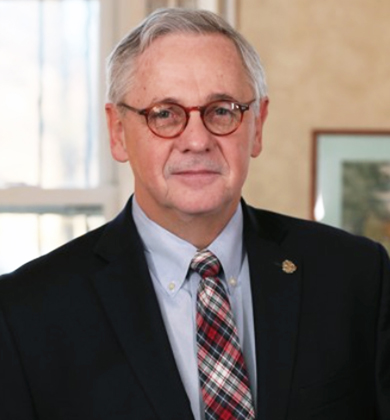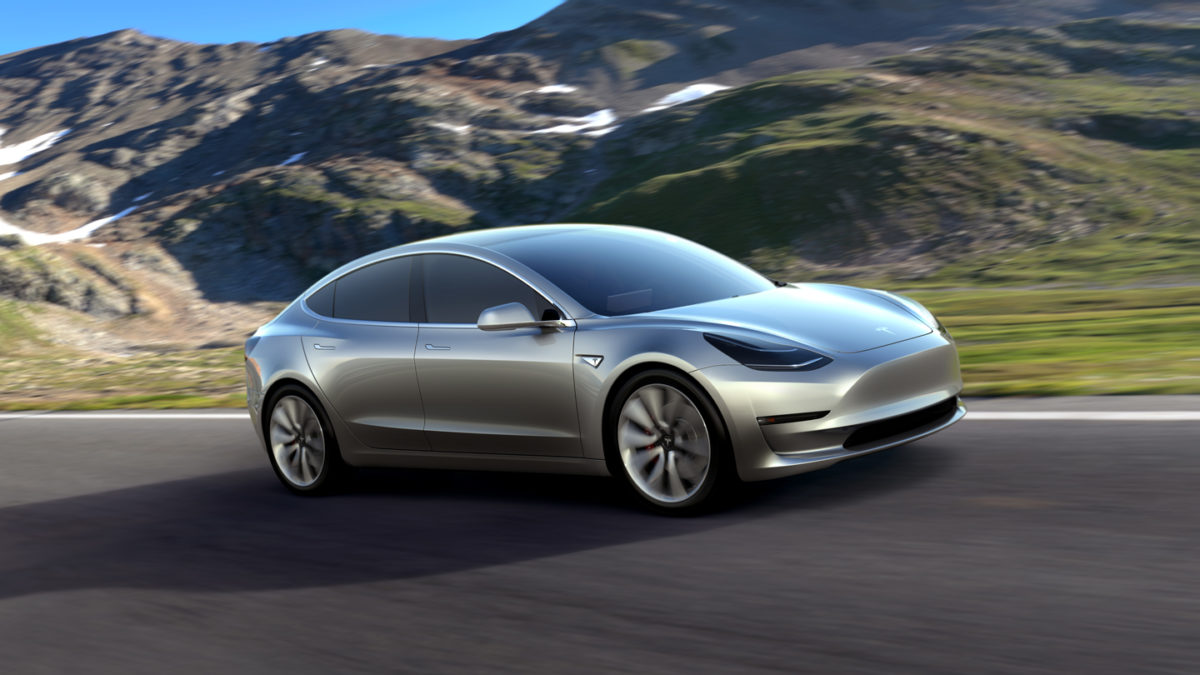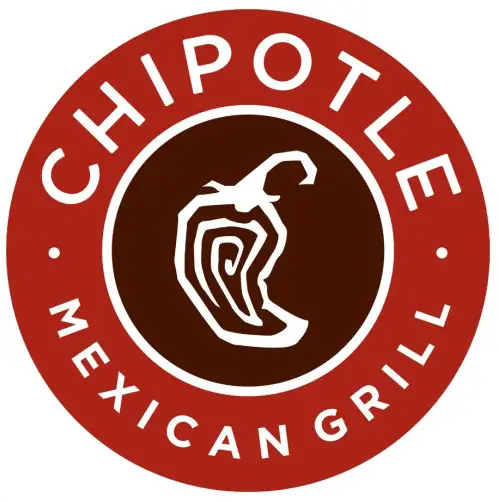With the so-called “Tesla Bill” under consideration by the state legislature for the third consecutive year, the by-now usual battle lines are already being drawn between the California electric-vehicle maker and Connecticut”™s auto dealers.
Tesla ”“ formerly Tesla Motors ”“ has been fighting against the Connecticut Franchise Act and similar laws in a number of states for the past several years. Many of those statutes were passed as far back as the 1930s and were intended to protect independent auto dealers from auto manufacturers looking to own licensed dealerships and/or sell cars directly to consumers. Enacted when the American auto industry was dominated by the Big Three ”“ Ford, General Motors, and Chrysler ”“ the laws are viewed as outdated by Tesla and others in an era when electric vehicles are becoming popular.
Adding complexity to the issue is the fact that Tesla, which to date has specialized in luxury sedans and SUVs, will introduce the mass-market Model 3 later this year at a cost of around $30,000. The company said it already has more than 400,000 orders nationwide for that vehicle.

On Feb. 22, at the Connecticut Transportation Committee”™s first hearing on HB 7097 ”“ co-sponsored by Democratic Reps. Diana Urban and James Albis and Republican Sen. Art Linares ”“ Tesla”™s deputy general counsel Jonathan Chang played the fiscal card by declaring: “There are thousands of reservations in the state from consumers that want to buy this car when it goes into production. We want to be able to conduct those sales here in Connecticut, not have those sales go to New York or Massachusetts or some other neighboring state. They should remain here in Connecticut.”
In a later statement, a Tesla spokesperson said: “Tesla appreciates the opportunity to take part in the public debate to support HB 7097, which if passed will promote American manufacturing and job growth and help the state advance its goal of putting more EVs on the road. We can see from the show of support at the capitol today that Connecticut residents want the option to purchase directly from EV manufacturers like Tesla, and believe the Committee should support this legislation and vote in favor of clean energy, innovation and free enterprise.”
As written, HB 7097 would “allow the Commissioner of Motor Vehicles to issue a new or used car dealer”™s license to an electric vehicle manufacturer,” not just Tesla.
The state”™s car dealers, who have been staunch opponents of similar bills in the last two sessions, are also against this one, though it”™s not a matter of “traditional” versus “electric.”
“We like the product,” James Fleming, president of the Connecticut Automotive Retailers Association, told the Business Journal. “EVs and ZEVs (zero-emission vehicles) are something we”™re all interested in,” in part to help the U.S. fulfill its pledge to cut its emissions 26 to 28 percent below where they were in 2005 by 2025.
“We just believe we can sell those vehicles better than Tesla,” Fleming said. “We sell cars, manufacturers make them.”
Fleming said that the state”™s approximately 270 auto dealers ”“ employing about 14,000 people ”“ sell around 70 percent of all EVs and plug-in hybrids that are registered and on the road.
Tesla, however, maintains that traditional car dealers are underequipped to sell EVs. In 2012, Tesla CEO Elon Musk wrote: “Existing franchise dealers have a fundamental conflict of interest between selling gasoline cars, which constitute the vast majority of their business and selling the new technology of electric cars. It is impossible for them to explain the advantages of going electric without simultaneously undermining their traditional business. This would leave the electric car without a fair opportunity to make its case to an unfamiliar public.”
 CARA also argues against Tesla”™s promise that it would create hundreds of jobs if allowed to sell its wares in the state. Last year, the Palo Alto-based company offered to open a regional distribution center in Connecticut if the bill was passed, promising that the facility would add more than 150 jobs on top of the 25 jobs per store that the company had already said would result from the bill”™s passage. All told, the automaker said it would create 275 jobs in the state, with salaries ranging from $40,000 to $100,000.
CARA also argues against Tesla”™s promise that it would create hundreds of jobs if allowed to sell its wares in the state. Last year, the Palo Alto-based company offered to open a regional distribution center in Connecticut if the bill was passed, promising that the facility would add more than 150 jobs on top of the 25 jobs per store that the company had already said would result from the bill”™s passage. All told, the automaker said it would create 275 jobs in the state, with salaries ranging from $40,000 to $100,000.
Following last year”™s legislative defeat, the company decided to instead open a center in Pennsylvania.
Fleming, who said the state”™s auto dealers added about 250 jobs in the last year, noted that Tesla”™s business model centralizes such back office functions as financing and human resources in Palo Alto. Further, he said, the company usually does not maintain a service department at each of its direct-sales outlets, instead using separate service centers; Connecticut”™s sole service center is in Milford, while in New York state there are centers in Mount Kisco, Syosset and Brooklyn.
“We believe that by leaving the franchise system in place, we can employ twice the number of people at the local level than Tesla can,” Fleming said.
As the debate continues, so does a lawsuit that CARA has filed against Tesla for allegedly selling vehicles at its Greenwich “gallery” in direct violation of the Franchise Act. The gallery is designed to educate consumers about Tesla automobiles; customers can schedule a test drive at their home or office but not at the Greenwich Avenue location. Over the phone or via the internet, Greenwich customers can make a deposit of $2,500 and then pick the car up, usually in Mount Kisco or in Massachusetts.
Fleming reiterated CARA’s belief that sales are in fact taking place in Greenwich, adding that CARA expects a ruling in the lawsuit by the end of the year.
Another CARA lawsuit filed against Greenwich itself for allowing the gallery to operate at 340 Greenwich Ave., in apparent violation of its planning and zoning rules disallowing car dealers to operate on the avenue, was dismissed on Feb. 27. Judge Donna Heller of the Connecticut Superior Court in Stamford ruled that the gallery “did not aggrieve the members of an automobile retailers association sufficient to give that association standing to challenge the zoning board’s decision.”
Other states that currently ban Tesla stores include: Michigan, where it allowed a gallery in Troy to open late last year; Texas, which has eight galleries; and West Virginia.















Damn the regressive car dealers. Tesla deserves to thrive.